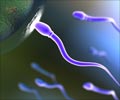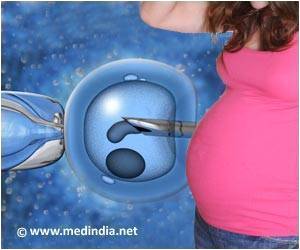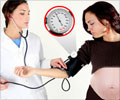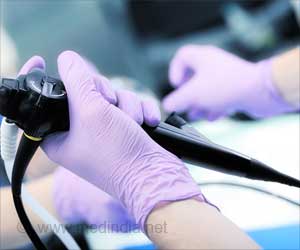Explore how abnormal sperm DNA impacts IVF pregnancies, increasing risks like preeclampsia and preterm birth, and learn about potential treatments.
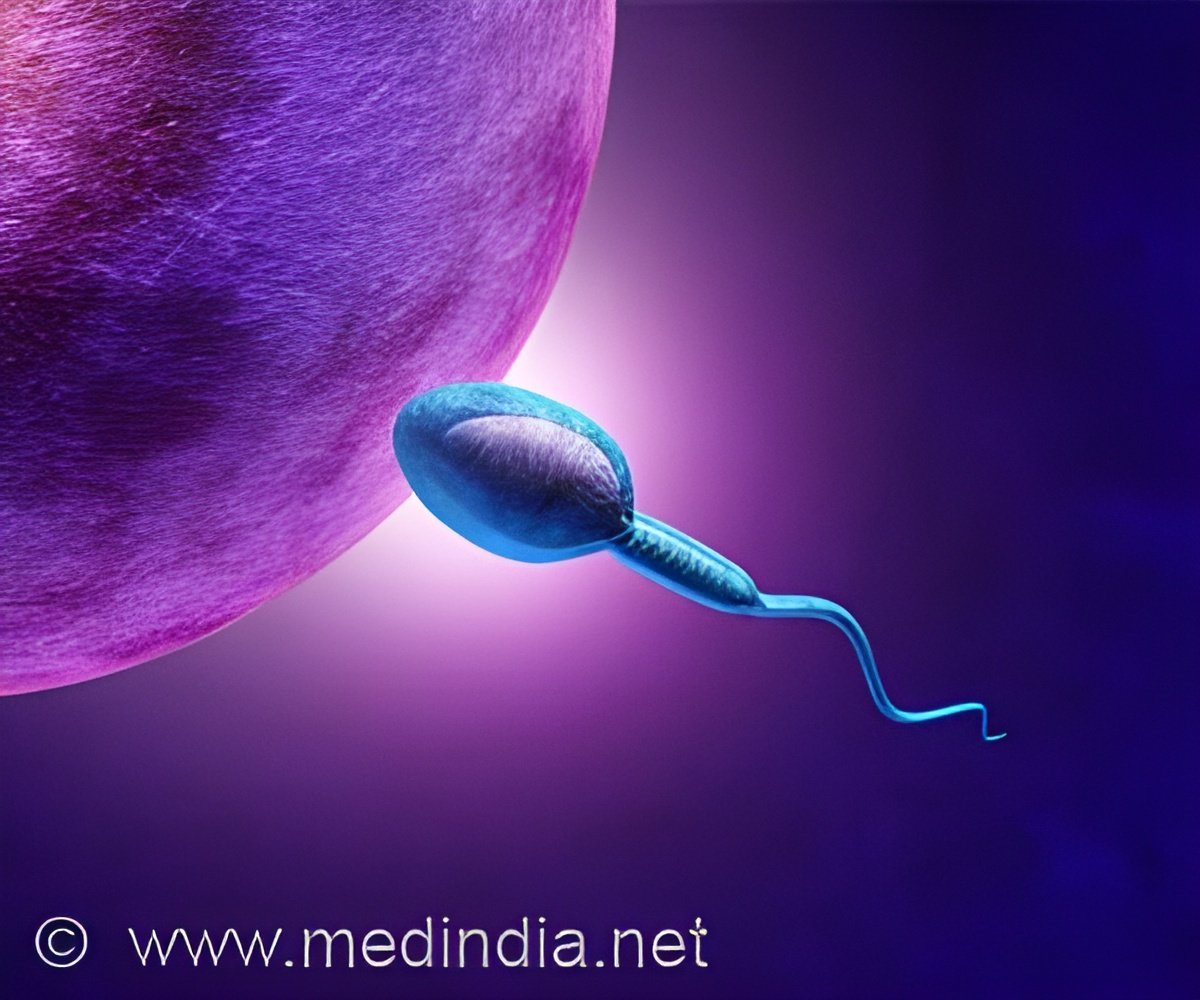
‘Elevated sperm #DNA fragmentation can double the risk of #preeclampsia in #IVF #pregnancies. #medindia’





Effects of Sperm DNA Fragmentation on Child Health
Elevated levels of DNA fragmentation indicate that the fathers of about 20–30% of kids delivered via in vitro fertilization had sperm damage. An important new measure of male fertility is the DNA fragmentation index (DFI), which quantifies the number of strand breaks in the DNA.While sperm with DNA damage can still be fertile, the likelihood of fertilisation is reduced, and the likelihood of a natural pregnancy is almost nonexistent if the amount of DFI is greater than 30%(1✔ ✔Trusted Source
High sperm deoxyribonucleic acid fragmentation index is associated with an increased risk of preeclampsia following assisted reproduction treatment
Go to source).
Although current in vitro techniques mean that men with a high DFI can become fathers, until now very little has been known about the impact of DNA fragmentation on pregnancy and the health of the baby.
It has been difficult to research the topic because the DFI value is not included in the standard measurements currently taken by Sweden’s fertility clinics. It also requires a large study population and access to national medical registries.
“Before a planned in vitro fertilisation, the man’s sperm sample is analysed for concentration, motility and morphology. But there are men who, according to this analysis, have normal sperm, but still have reduced fertility,” says Amelie Stenqvist, lecturer at Lund University.
Association between Sperm DNA Damage and Preeclampsia in IVF Pregnancy
“Since half of the placenta’s DNA comes from the father and placental development and function play a central role in preeclampsia, we wanted to investigate whether a high percentage of DNA damage in the sperm affected the risk of preeclampsia,” says Aleksander Giwercman.The results showed that in the 841 couples who underwent IVF, a DFI of over 20 per cent doubled the risk of the woman developing preeclampsia (10.5 per cent) and also increased the risk of premature birth.
In the IVF group with a DFI below 20 per cent, there was a 4.8 per cent risk of preeclampsia, which is comparable to pregnancies that occur naturally. For couples undergoing ICSI, there was no association with preeclampsia.
“Today, DFI analysis is only performed at some fertility clinics in Sweden, but we think that it should be introduced as standard at all clinics. It can give couples answers as to why they are not getting pregnant and can influence the chosen method of assisted fertilisation. Not only that, our latest results show that a DFI analysis could be used to identify high-risk pregnancies,” says Aleksander Giwercman.
What makes this finding even more interesting is that high DNA fragmentation in sperm is linked to the overall health of the father and is potentially treatable. Most DNA damage is caused by oxidative stress, which is an imbalance between harmful molecules and the antioxidants that protect cells. Other factors that increase DNA fragmentation include the man’s age, smoking, obesity and infections.
“The next step is to identify which group of men respond best to methods to prevent and treat sperm DNA damage, and to test these methods to prevent pregnancy complications,” concludes Amelie Stenqvist.
Reference:
- High sperm deoxyribonucleic acid fragmentation index is associated with an increased risk of preeclampsia following assisted reproduction treatment- (https:www.fertstert.org/article/S0015-0282(24)01939-3/fulltext)
Source-Eurekalert

